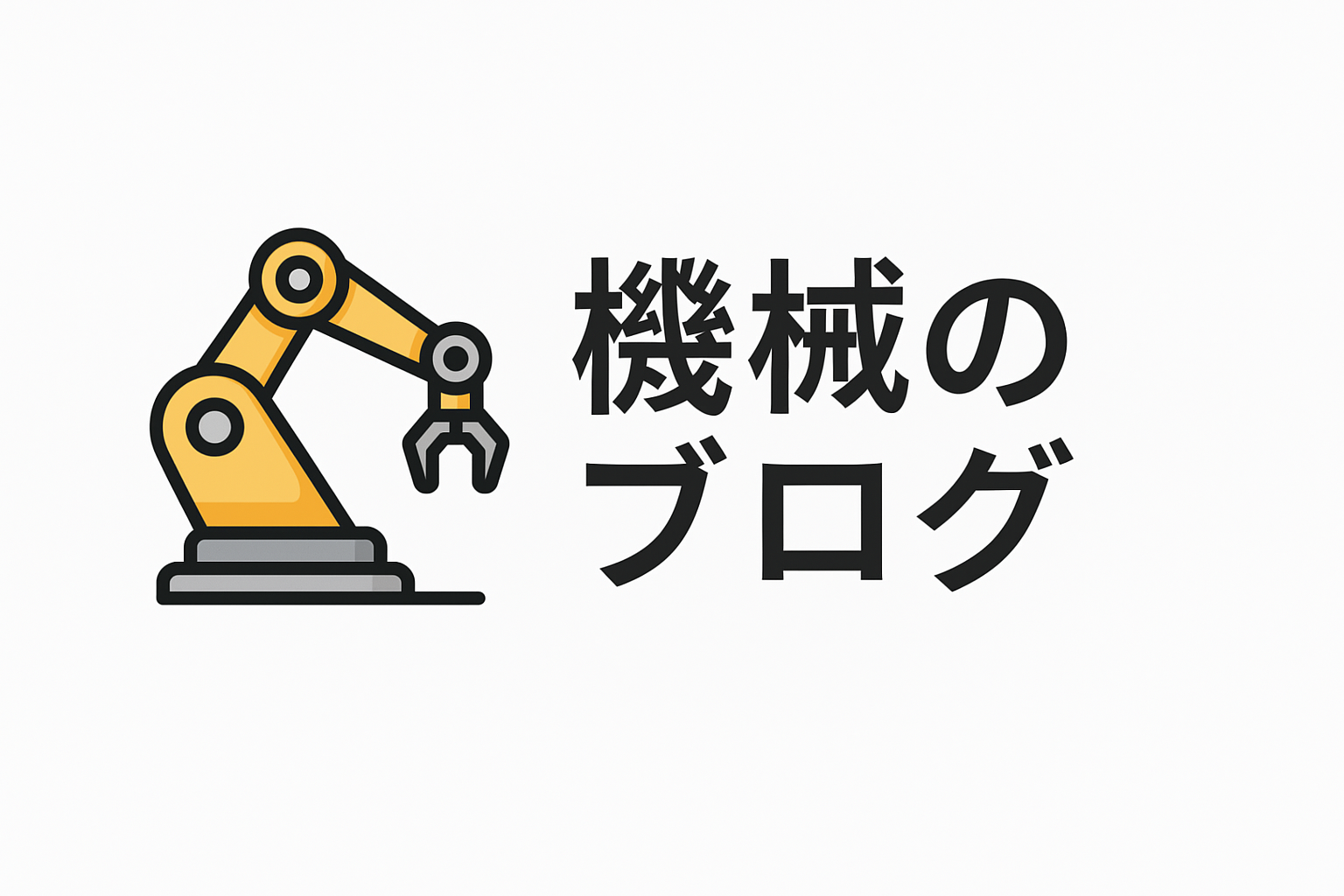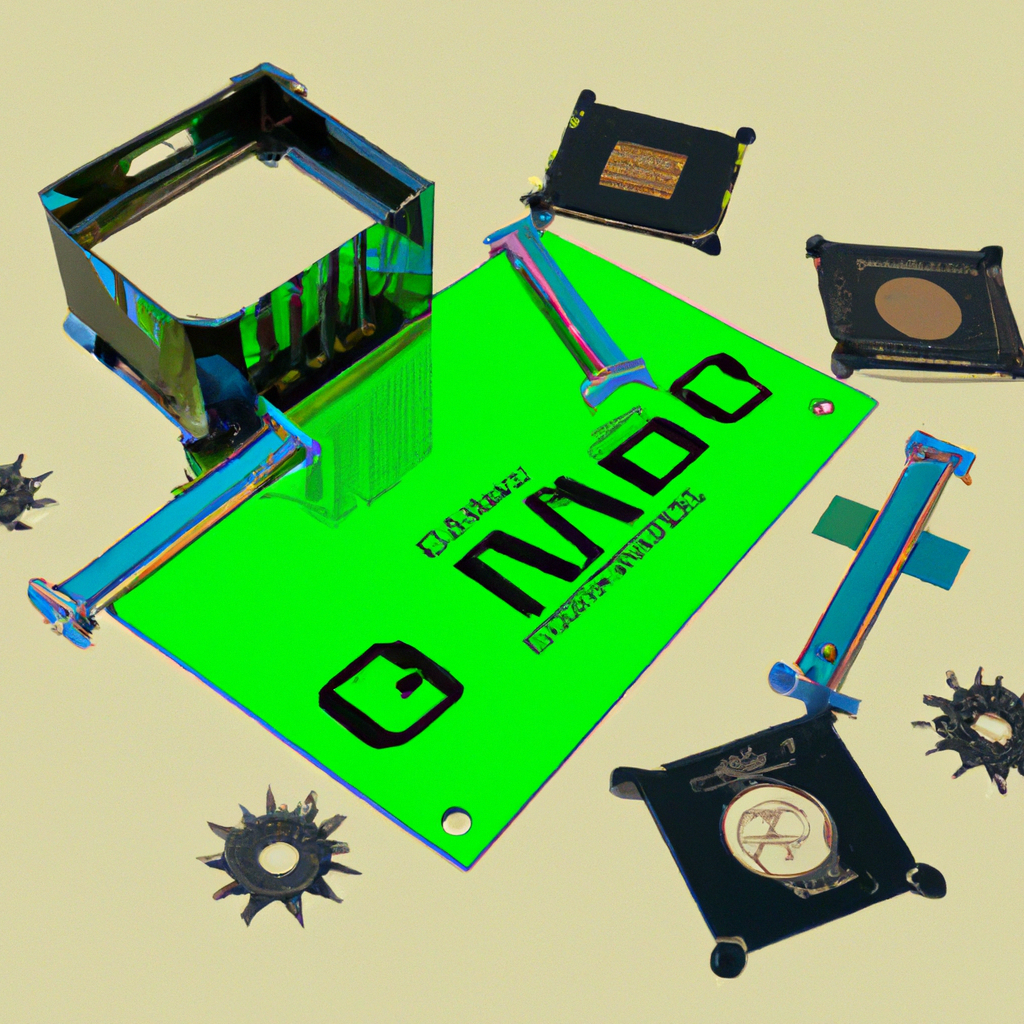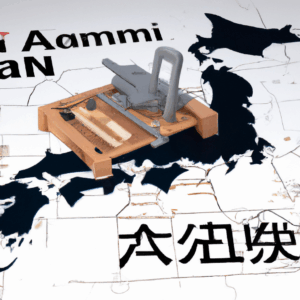AI-Driven CNC Technology Innovations
In the rapidly evolving world of manufacturing, the integration of artificial intelligence (AI) with computer numerical control (CNC) technology marks a transformative era. This fusion not only enhances precision and efficiency but also opens avenues for innovative applications that were once deemed impossible. As manufacturing professionals, understanding and leveraging these advancements are crucial to staying competitive and meeting the demands of a dynamic market.
1. The Evolution of CNC Technology
CNC technology has been a cornerstone of manufacturing since its inception, revolutionizing the way parts and components are produced. Initially, CNC systems were manually programmed and operated, requiring significant human intervention and expertise. Over time, advancements in computer technology and software capabilities have made CNC systems more sophisticated, allowing for greater automation and precision.
Today’s CNC machines are equipped with advanced sensors and feedback systems, enabling them to perform complex operations with minimal human oversight. This evolution has laid the groundwork for the integration of AI, paving the way for unprecedented levels of efficiency and innovation.
2. The Role of AI in CNC Technology
AI has become an integral part of modern CNC systems, enhancing their capabilities and performance. By incorporating machine learning algorithms and data analytics, AI-driven CNC machines can optimize processes in real-time, predict maintenance needs, and reduce downtime. This leads to improved production efficiency and cost savings.
One of the key benefits of AI in CNC technology is its ability to learn from data. By analyzing historical production data, AI systems can identify patterns and anomalies, allowing for predictive maintenance and quality control. This not only ensures consistent product quality but also extends the lifespan of the machinery.
3. Innovations in AI-Driven CNC Applications
The integration of AI into CNC technology has resulted in innovative applications across various industries. One such application is in the field of adaptive machining, where AI algorithms adjust machining parameters in real-time to accommodate variations in material properties or environmental conditions. This ensures optimal performance and reduces waste.
Another notable innovation is in the realm of mass customization. AI-driven CNC systems can quickly and efficiently produce customized products without the need for extensive retooling or setup changes. This capability is particularly valuable in industries such as automotive and aerospace, where customization is often required to meet specific customer demands.
4. The Impact on Workforce and Skills
The adoption of AI-driven CNC technology has significant implications for the workforce. As machines become more autonomous, the demand for traditional manual machining skills may decrease. However, there is a growing need for professionals with expertise in AI, data analysis, and CNC programming.
To remain competitive, manufacturing professionals must embrace continuous learning and upskilling. Training programs and certifications in AI and CNC technology are essential to equip the workforce with the necessary skills to thrive in this new landscape. Companies that invest in employee development will not only benefit from improved productivity but also foster a culture of innovation and adaptability.
5. Overcoming Challenges and Looking Ahead
While AI-driven CNC technology offers numerous benefits, it also presents challenges that must be addressed. Data privacy and security are paramount, as the reliance on data-driven systems increases the risk of cyber threats. Ensuring robust cybersecurity measures is essential to protect sensitive manufacturing data and maintain operational integrity.
Additionally, the integration of AI into existing CNC systems may require significant investment and infrastructure upgrades. Companies must carefully evaluate the costs and benefits to ensure a successful implementation. Looking ahead, continued advancements in AI and CNC technology will likely lead to even greater levels of automation and innovation, reshaping the manufacturing landscape.
Conclusion
AI-driven CNC technology innovations are at the forefront of the manufacturing industry’s evolution. By harnessing the power of AI, manufacturers can achieve unprecedented levels of precision, efficiency, and customization. While challenges remain, the potential benefits far outweigh the risks, making it imperative for manufacturing professionals to embrace these advancements.
As we move forward, the collaboration between human expertise and AI technology will be key to unlocking new possibilities and driving the industry towards a future of sustainable and intelligent manufacturing. Staying informed about these innovations and investing in the necessary skills and infrastructure will ensure that companies remain competitive in this rapidly changing environment.


